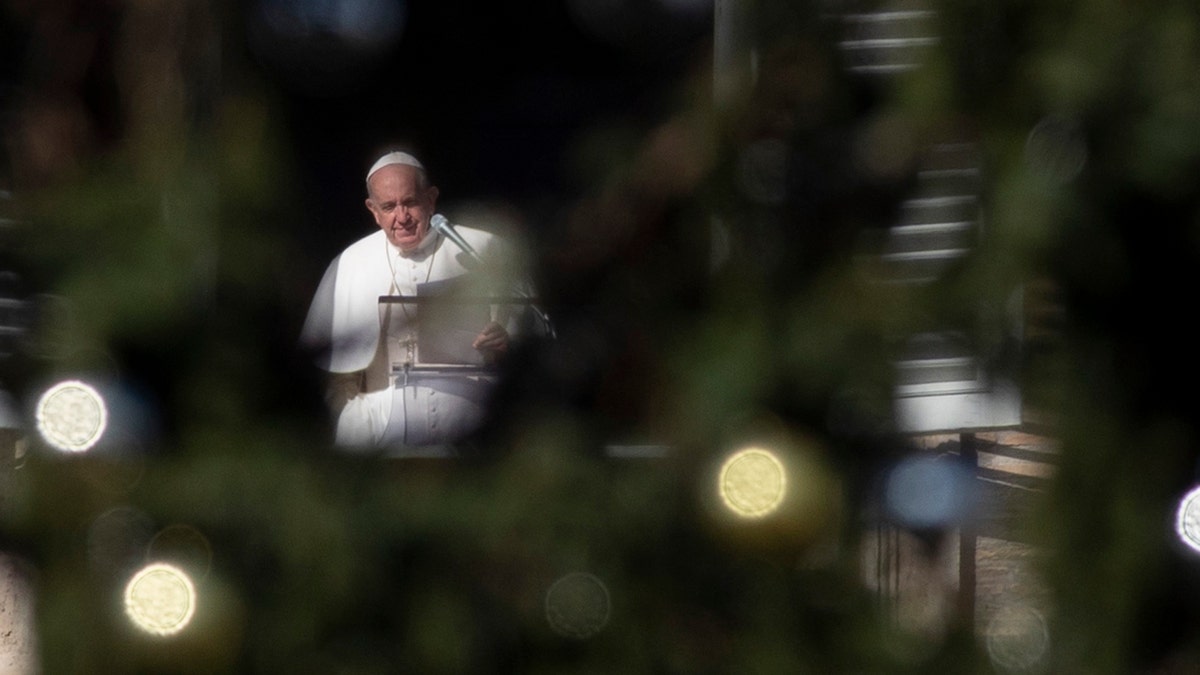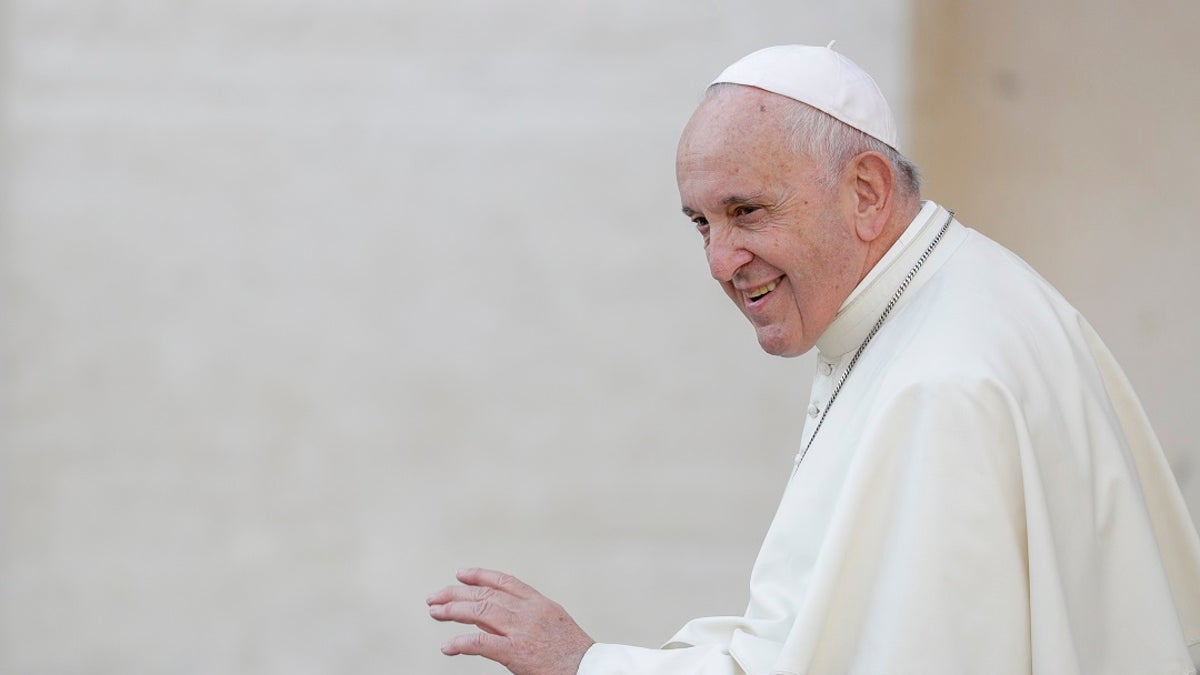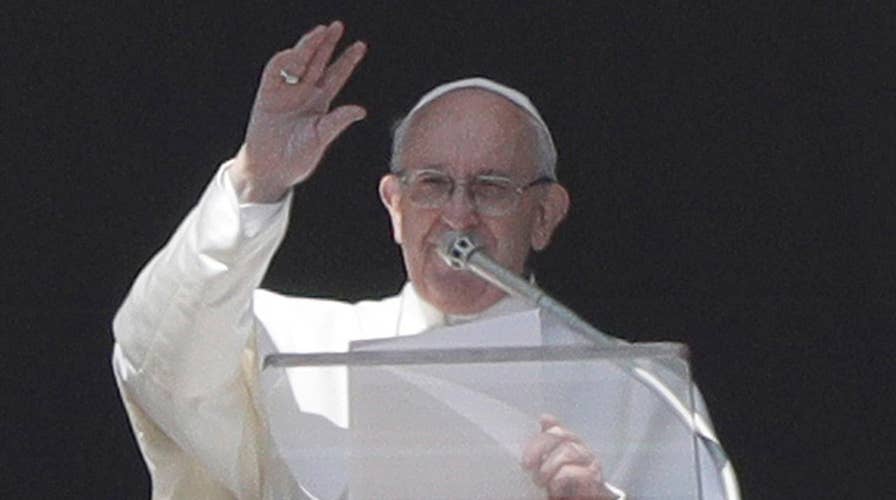Pope Francis to host summit to tackle clergy abuse
Vatican hopes global clergy abuse meeting will be 'turning point' and help repair the reputation of the Catholic Church.
Pope Francis has lifted the "pontifical secret," the highest degree of confidentiality that has been used in sexual abuse cases to protect pedophiles and silence victims.
The change, announced Tuesday, would open the door for the Vatican to share information with the police and other local authorities, and comes at a time when there has been a public push for more transparency in the Roman Catholic Church.
The abolition stops short of documents and testimony from the church's abuse trials being made public. Instead, the information can be handed over to authorities if a request is made.
"The carnival of obscurity is over," Juan Carlos Cruz, a prominent Chilean survivor of clergy abuse and advocate for victims, said.
The new law was issued on Francis' 83rd birthday as he struggles to respond to the global explosion of the abuse scandal, his own missteps and demands for greater accountability from victims, law enforcement and Catholics.
Francis also raised the cutoff age of which the church considers pornographic images to be child pornography to 18 from 14 -- a direct response to the Vatican's increasing awareness of the prolific spread of online child porn that has frequently implicated even high-ranking churchmen.
The new norms are the latest amendment to the Catholic Church's in-house canon law -- a parallel legal code that metes out ecclesial justice for crimes against the faith -- in this case relating to the sexual abuse of minors or vulnerable people by priests, bishops or cardinals. In this legal system, the worst punishment a priest can incur is being defrocked or dismissed from the clerical state.

Pope Francis, framed by the St. Peter's Square Christmas tree, reads his message during the Angelus noon prayer he recited from the window of his studio, at the Vatican, Sunday, Dec. 1, 2019. (AP Photo/Alessandra Tarantino)
Pope Benedict XVI, when he was a cardinal, had persuaded the pope to decree in 2001 that these cases must be dealt with under "pontifical secret." The Vatican had long insisted that such confidentiality was necessary to protect the privacy of the victim, the reputation of the accused and the integrity of the canonical process. However, critics claimed the secrecy also served to keep the scandal hidden, prevent law enforcement from accessing documents and silence victims, many of whom believed that "pontifical secret" prevented them from going to the police to report their abusers.
While the Vatican has long tried to insist this was not the case, it also never mandated that bishops and religious superiors report sex crimes to police, and in the past has encouraged bishops not to do so.
The Vatican has been under increasing pressure to cooperate more with law enforcement, and its failure to do so has resulted in unprecedented raids in recent years on diocesan chanceries by police from Belgium to Texas to Chile.
But even under the penalty of subpoenas and raids, bishops have sometimes felt compelled to withhold canonical proceedings given the "pontifical secret," unless given permission to hand documents over by the Vatican. The new law makes that explicit permission no longer required.

Pope Francis arrives for his weekly general audience, in St.Peter's Square, at the Vatican, Wednesday, Nov. 6, 2019. Francis addressed a criminal law conference Friday where he denounced anti-gay persecution. (AP Photo/Andrew Medichini)
In May, the Vatican issued another law explicitly saying victims cannot be silenced and have a right to learn the outcome of canonical trials. The new document repeats and expands the point by saying not only the victim but any witnesses or the person who lodged the accusation cannot be compelled to silence.
"Excellent news," tweeted prominent Irish survivor Marie Collins, a founding member of Francis' sex abuse advisory commission who noted that the reform was one of the first proposals of the commission. "At last a real and positive change," she tweeted.
CLICK HERE FOR THE FOX NEWS APP
Individual abuse scandals, national inquiries, grand jury investigations, U.N. denunciations, and increasingly costly civil litigation have devastated the Catholic hierarchy's credibility across the globe, and Francis' own failures and missteps in dealing with particular cases have emboldened his critics.
In February, he summoned the presidents of bishops conferences from around the globe to a four-day summit of preventing abuse, where several speakers called for a reform of the pontifical secret.
The Associated Press contributed to this report.








































